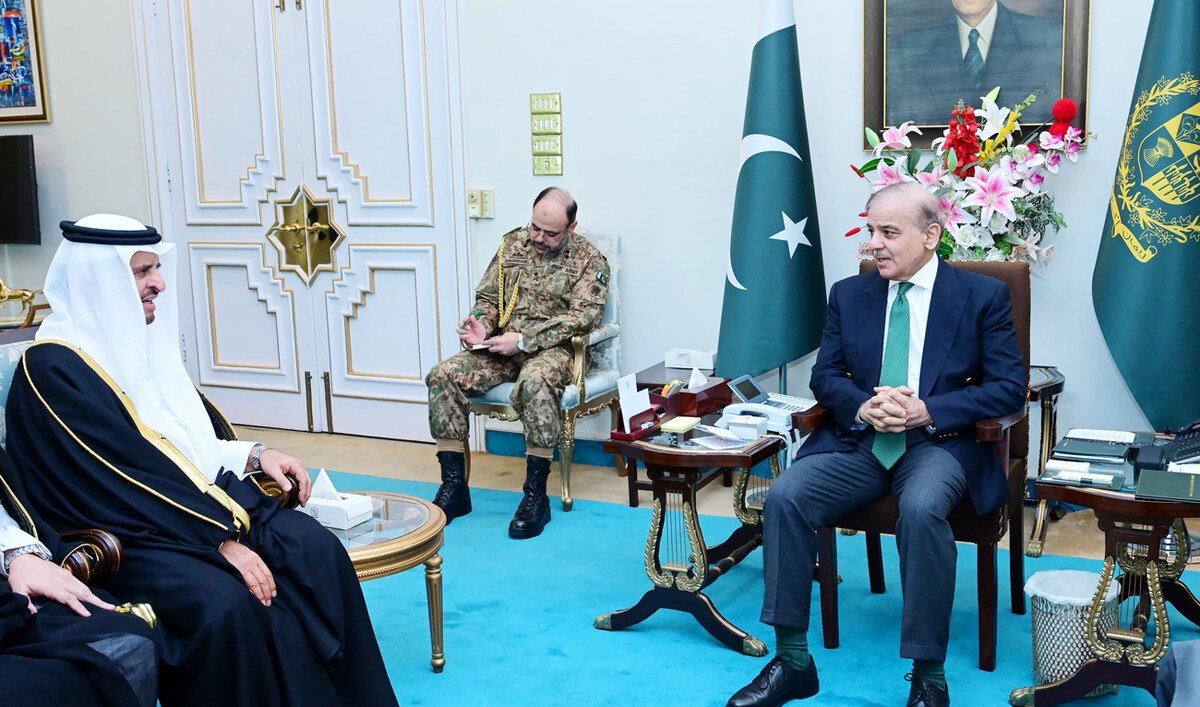ISLAMABAD: Pakistan and the Asian Development Bank (ADB) on Tuesday signed a “landmark” $500 million dollar loan agreement under the ‘Climate and Disaster Resilience Enhancement Program,’ state broadcaster Radio Pakistan reported.
Pakistan is one of the most vulnerable countries to climate change, according to the Global Climate Risk Index.
Finance Minister Muhammad Aurangzeb said last month Pakistan was targeting around $1 billion in a formal request for funding from an IMF facility that helps low and middle income countries mitigate climate risk. The IMF already agreed to a $7 billion bailout for Pakistan in September but has additional funding available via its Resilience and Sustainability Trust (RST), created in 2022 to provide long-term concessional cash for climate-related spending such as adaptation and transitioning to cleaner energy.
“The signing of the [ADB] agreement underscores Pakistan’s commitment to prioritize climate change initiatives and scaling up disaster risk financing using a risk-layered approach,” Radio Pakistan said, quoting Pakistan’s Minister for Economic Affairs, Ahad Cheema.
The program is aimed at strengthening Pakistan’s capacity for climate change adaptation and disaster risk management and will address the country’s vulnerabilities to natural disasters and climate impacts.
“The core objective of the program is to enhance institutional frameworks for disaster risk management by improving disaster risk mapping, response coordination, and gender-sensitive public investments,” Radio Pakistan added.
Pakistani Prime Minister Shehbaz Sharif, who spoke at a number of events at the UN COP29 climate summit last week, used the forum to highlight the need to increase climate finance for vulnerable, developing countries. He said developing countries would need an estimated $6.8 trillion by 2030 to implement less than half of their current nationally determined contributions (NDCs) or national action plans for reducing emissions and adapting to climate impacts defined by the Paris Agreement.
The main task for nearly 200 countries at the COP29 summit, taking place from Nov. 11-22, is to broker a deal that ensures up to trillions of dollars in financing for climate projects worldwide.


















